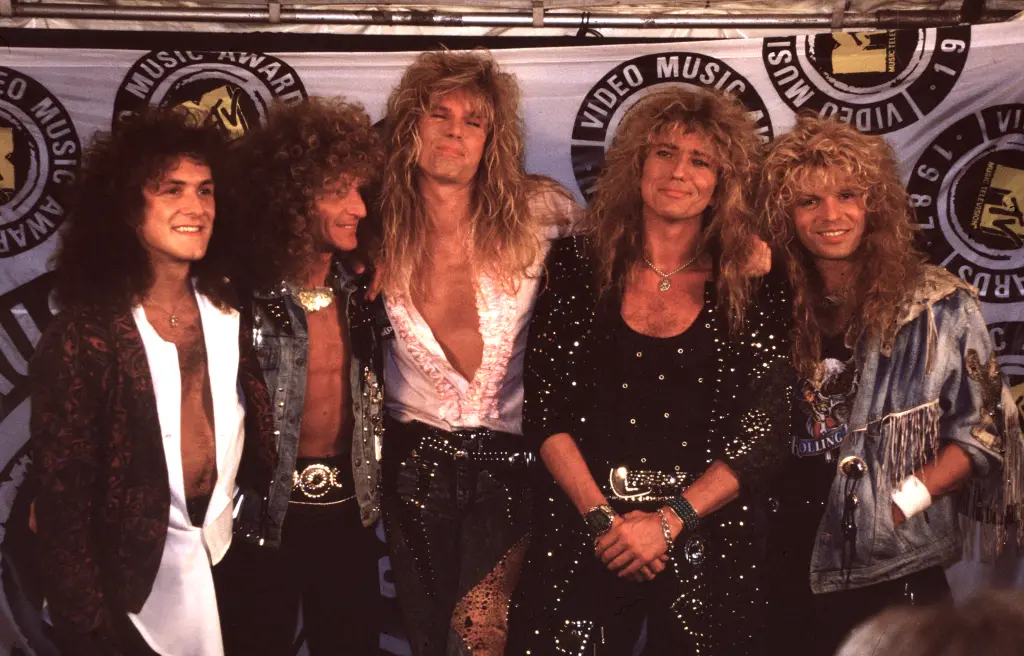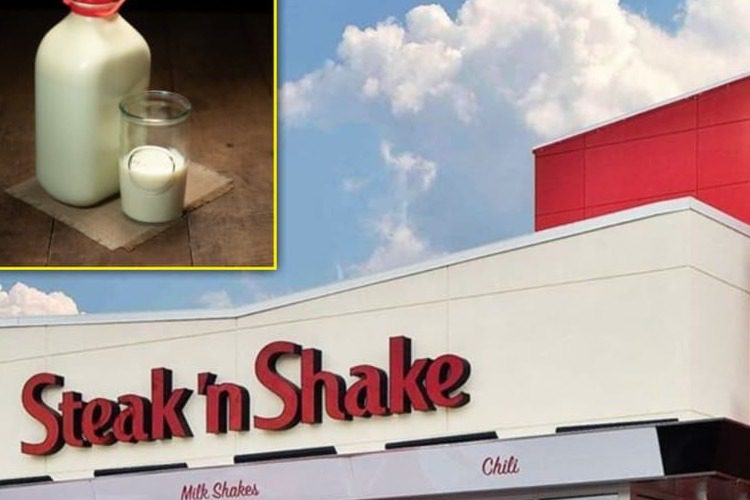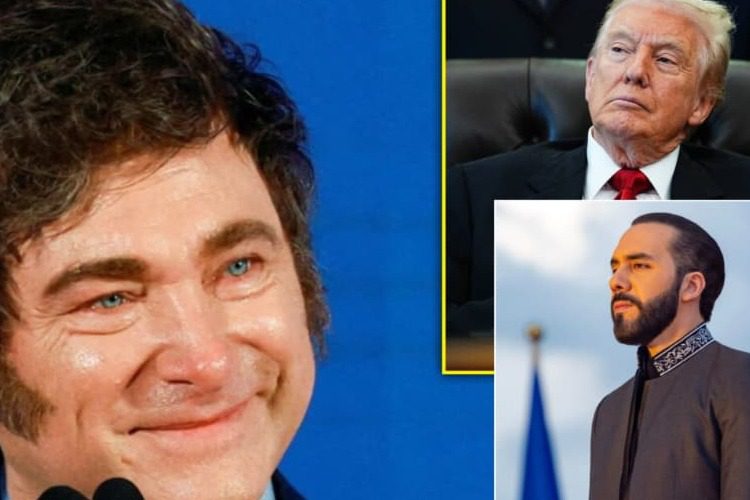Legendary Frontman David Coverdale Says “It’s Time to Call It a Day” — The End of an Era for Whitesnake and Rock ‘n’ Roll
For more than five decades, David Coverdale stood as one of rock’s most recognizable voices — a symbol of passion, power, and timeless showmanship. From the gritty days of Deep Purple to the dazzling heights of Whitesnake, his voice defined generations of hard rock fans. Now, at 74, the legendary frontman has announced that his extraordinary journey has come to an end. “After 50-plus years of an incredible adventure,” he told fans, “it’s time for me to hang up my rock ’n’ roll platform shoes and my skintight jeans — it’s time to call it a day.”
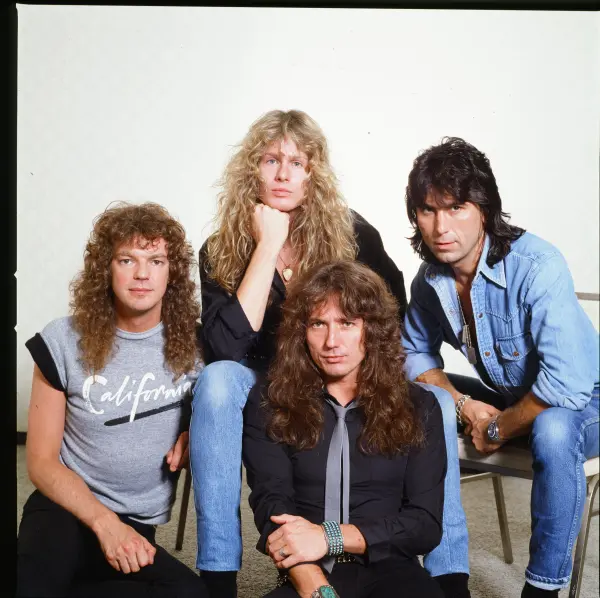
The announcement came through a heartfelt video shared on Whitesnake’s official social media pages. Sitting casually in a dark hoodie emblazoned with the band’s logo, Coverdale spoke directly to his loyal following with a glass of wine in hand and the humility of a man reflecting on a life fully lived. “Ladies and gentlemen, boys and girls, brothers and sisters of the Snake,” he began, his voice warm and grounded, “thank you all for 50 years of love, support, and unforgettable memories.” The video then transitioned into a soft instrumental of Whitesnake’s 2011 ballad “Fare Thee Well,” a fitting goodbye to a career that helped shape the sound of modern rock.
It’s the kind of farewell that feels both inevitable and heartbreaking. Coverdale’s voice, once a roaring thunder of sensual blues-rock and arena-sized energy, had already begun to show signs of wear in recent years. Health concerns, including respiratory issues and sinus infections, forced Whitesnake to cancel multiple tour dates in 2022 and 2023. Still, Coverdale remained hopeful at the time, telling fans that his body was “just asking for a little more mercy.” By 2025, he knew it was time to listen.
Born in Saltburn-by-the-Sea, England, in 1951, David Coverdale’s story reads like a rock fairy tale. In 1973, at just 22 years old, he was chosen to replace Ian Gillan as the lead singer of Deep Purple — a band already cemented in rock history. Few believed anyone could fill Gillan’s shoes, but Coverdale’s sultry, soulful baritone brought new dimension to classics like Burn and Stormbringer. When Deep Purple disbanded in 1976, Coverdale could have faded into the background. Instead, he built something entirely his own.

Two years later, Whitesnake was born — and so was an era. The band combined the bluesy heart of ‘70s rock with the flash and emotional fire of the 1980s. Their rise was meteoric. Songs like “Here I Go Again,” “Is This Love,” and “Still of the Night” became anthems for millions, propelled by Coverdale’s powerhouse vocals and cinematic music videos that captured the drama and desire of the decade. His collaboration with guitarist John Sykes helped craft one of the most enduring albums of the era — Whitesnake (1987) — which went multi-platinum and solidified the band as global icons.
But behind the fame, Coverdale was always a craftsman — meticulous about songwriting, deeply protective of his bandmates, and unwavering in his devotion to his fans. “He treated every show like the last one,” recalled a longtime Whitesnake crew member. “He’d say, ‘If someone saved up their money to see me tonight, then I owe them my best — every single note.’”
Over the years, Whitesnake would evolve through countless lineups and styles, adapting to new generations of listeners. While other rock bands burned out or broke apart, Coverdale kept the flame alive. In the 1990s, he teamed up with Led Zeppelin legend Jimmy Page for the platinum-certified album Coverdale/Page. In the 2000s, he returned to Whitesnake’s roots with albums like Good to Be Bad and Forevermore, proving that his voice and spirit could still electrify crowds. Even his later work, such as Flesh & Blood (2019), showed a performer still chasing excellence — never content to simply rest on nostalgia.

As he aged, however, Coverdale became more reflective. He often spoke about the cost of living life at full throttle — the endless touring, the late nights, the physical toll. “I’ve given my all to this,” he admitted in a 2024 interview. “And I don’t regret a single minute. But it’s time to live a little differently — to be with my family, to breathe, to enjoy the sunsets instead of the spotlight.”
That sense of peace was evident in his farewell video. There was no sadness, no bitterness — just gratitude. He thanked his crew, his bandmates, and especially his fans, whom he lovingly referred to as “the Snake family.” For decades, that global fan base had followed him from smoky bars to sold-out arenas, from MTV glory to YouTube tributes. “It’s hard to imagine rock without David Coverdale,” one longtime fan wrote online after his announcement. “He wasn’t just a singer — he was an emotion.”
The outpouring of love has been immense. Musicians from across generations shared messages of respect. Former Deep Purple bandmates praised his longevity and grace. Younger rock artists cited him as an inspiration. “He carried the soul of the blues into modern rock,” wrote one. “You could hear heartbreak, desire, and power in every word he sang.” Even casual listeners recognized the significance of the moment — the symbolic end of an era.
And yet, despite stepping away from performing, Coverdale’s influence will remain impossible to escape. His songs still fill classic-rock playlists around the world. His performances — captured in live recordings and remastered videos — continue to inspire. “Here I Go Again,” in particular, remains a timeless anthem of resilience and reinvention, echoing the same spirit that defined his life.
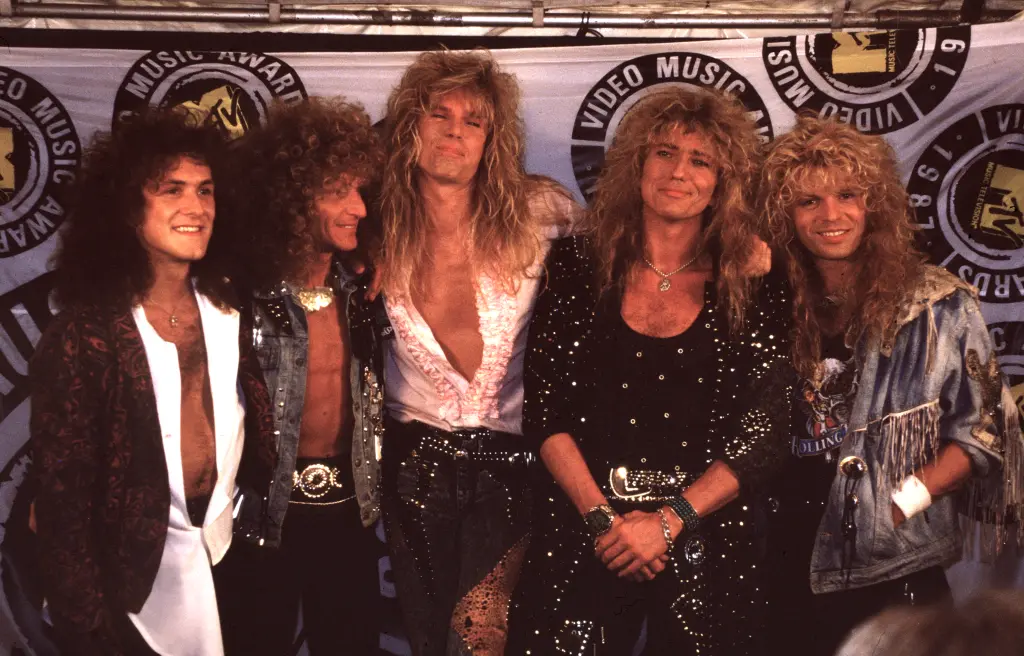
The man himself has hinted that retirement from touring doesn’t necessarily mean silence. In the video, he teased ongoing projects from the band’s archives and said he hoped to remain creatively active in other ways. “I’ll still be around,” he smiled. “Just maybe a little quieter.” Fans have already speculated about future collaborations, re-releases, and unreleased material. But for now, he’s content to rest.
His final message to fans summed it up perfectly: “Thank you, everyone, who’s supported me on this incredible journey. It’s been an honor and a privilege. Now, it’s time for me to say farewell — but not goodbye.” Those words, simple and sincere, resonated like the final note of a beloved song.
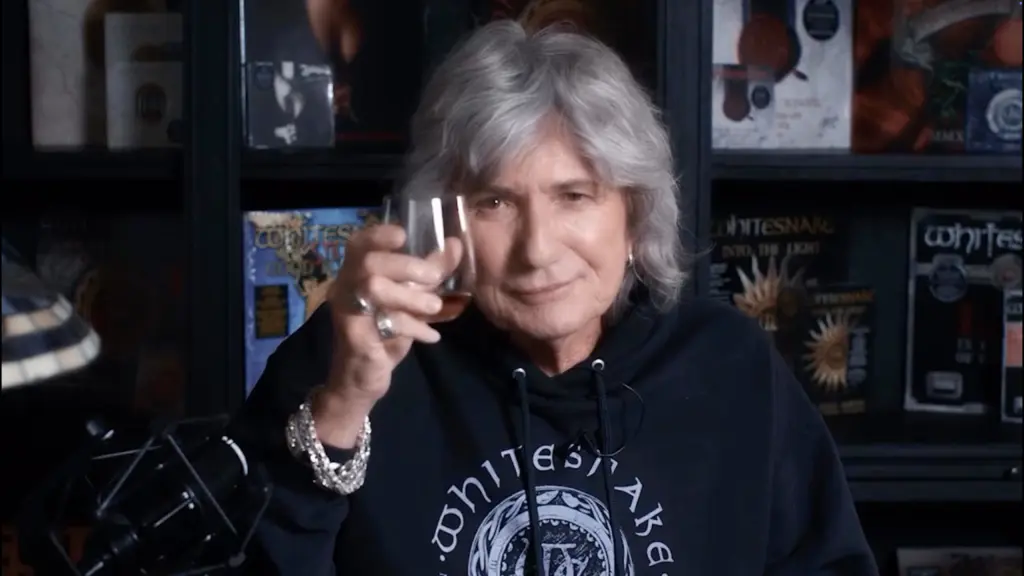
For anyone who ever grew up with his voice blasting through car speakers, his farewell feels personal. It’s not just the end of David Coverdale’s touring life — it’s the closing of a chapter in rock history. Few artists have managed to carry their sound, style, and soul through five decades of change. Fewer still have done it with the class, humor, and humility that Coverdale has shown.
The man who once commanded stadiums filled with roaring fans now fades from the stage with a smile, a toast, and a thank-you. And maybe that’s exactly how a true rock legend should go — not with chaos, but with grace. As one fan commented, “He came in singing about love and left the same way — grateful and full of heart.”
As the echoes of “Fare Thee Well” fade, the image of David Coverdale raising a glass to his fans lingers — a final salute from a man who gave everything to music, and who leaves behind not just songs, but a legacy. For the millions who followed him on this 50-year journey, his goodbye is bittersweet — but it’s also beautiful. Because some legends don’t need to fade away. They simply live on, forever, in the sound of their own voice.
